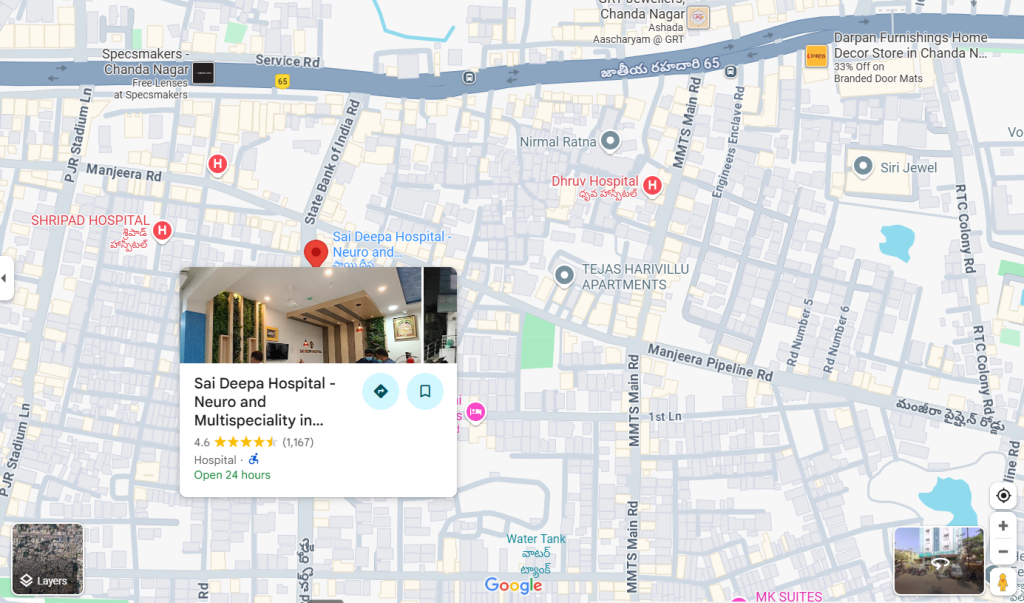Best Gallbladder Surgery in Hyderabad
- Home
- Best Gallbladder Surgery in Hyderabad
Best Gallbladder Surgery in Hyderabad
Gallbladder issues can cause significant discomfort and disrupt daily life if not addressed promptly. These conditions range from mild inflammation to more severe complications like gallstones or infections. At Sree Sai Deepa Hospitals in Hyderabad, we offer expert diagnosis and advanced treatment options for gallbladder-related problems, ensuring patients receive the best possible care.
Book Free Appointment
1L+
Happy Customers
25+
Qualified Doctors
50
Rooms
5000+
Successful Surgeries
Free
Consultation
24/7 Ambulance
Facility
Insurance
Claim Support
What Is Gallbladder Disease?
Gallbladder disease refers to any condition affecting the gallbladder, a small organ located beneath the liver. The gallbladder stores bile, a digestive fluid that helps break down fats. Common problems include gallstones, cholecystitis (inflammation), biliary dyskinesia, and gallbladder cancer.
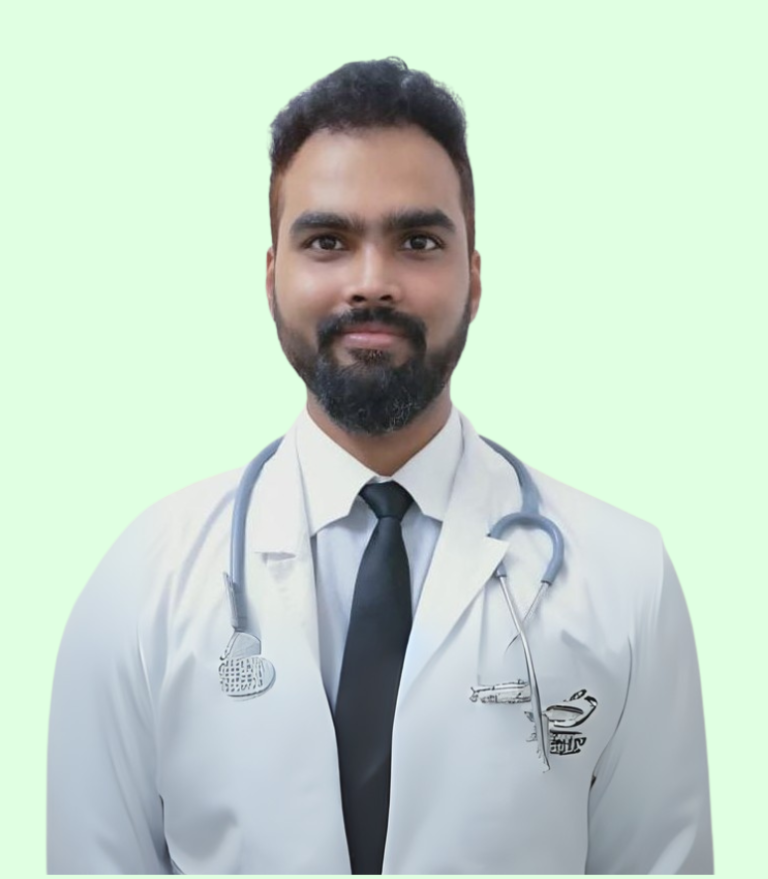
Dr. Sasidhara Roa A
MBBS, MS
5000+ Successful Surgeries
11+ Years of experience
Dr. Sasidhara Rao A. is an experienced General and Laparoscopic Surgeon at Sree Sai Deepa Hospitals, Chandanagar, with over 11 years of expertise and 5000+ successful surgeries. He specializes in laparoscopic, laser, and microscopic surgeries, treating conditions like piles, fissures, varicose veins, and gallbladder issues.
Doctor’s Fellowships:
Fellowship - International Society of Coloproctology
Fellowship in Intimate Health
Fellowship in Diagnostic Endoscopy
What Are the Symptoms of Gallbladder Disease?
Gallbladder disease can cause various symptoms, including:
- Sudden, intense pain in the upper right abdomen
- Nausea and vomiting
- Fever or chills
- Bloating or indigestion
- Jaundice (yellowing of skin and eyes) in severe cases
- Pain that worsens after eating fatty meals
- Tenderness in the abdomen when touched
What Conditions Affect the Gallbladder?
Several conditions may affect this organ:
- Gallstones: Hard deposits of cholesterol or bile that can block bile flow.
- Cholecystitis: Inflammation of the gallbladder, often due to gallstones.
- Gallbladder polyps: Small, benign growths on the gallbladder wall.
- Biliary dyskinesia: Abnormal function of the gallbladder.
- Gallbladder cancer: A rare but aggressive form of cancer.
Is Gallbladder Disease Common?
Yes, gallbladder disease is relatively common, especially in adults over the age of 40. Women, people who are overweight, and those with a family history of gallbladder problems are more likely to develop these conditions.
Get your surgery cost
Who Has a High Chance of Getting Gallbladder Disease?
Risk factors include:
- Being female
- Age over 40
- Obesity or rapid weight loss
- High-fat, low-fiber diet
- Pregnancy
- Family history of gallbladder issues
- Sedentary lifestyle
How Does Gallbladder Disease Affect My Body?
If untreated, gallbladder disease can cause pain, digestive problems, and serious complications like infection or rupture. Gallstones may block bile ducts, leading to liver damage or pancreatitis. Chronic inflammation can scar the gallbladder, affecting its function.
Accreditations

Saideepaneurocare Hospitals is NABH certified, a mark of excellence in patient safety and care. We follow stringent healthcare protocols and maintain world-class hygiene standards.

We are ISO 9001 certified, ensuring the highest standards in quality management and patient care. This certification reflects our commitment to efficient processes and continuous improvement in healthcare services.
How Is Gallbladder Disease Diagnosed?
Diagnosis involves a physical exam and imaging tests such as ultrasound, CT scan, or HIDA scan. Blood tests can reveal signs of infection, inflammation, or liver function abnormalities. In some cases, an MRI or endoscopic ultrasound (EUS) may be required for further evaluation.
What Is the Treatment for Gallbladder Disease?
Mild cases may be managed with:
- Dietary changes (low-fat diet)
- Pain management with medications
- Medications to dissolve gallstones (rarely used due to slow effect)
In more severe cases, surgery is recommended to remove the gallbladder.
Sai Deepa Hospital - Neuro and Multispeciality
Plot no 387, Church road, Huda colony, Chanda Nagar, Hyderabad – 500050
What Are the Surgical Options for Gallbladder Disease?
The most common procedure is cholecystectomy, or gallbladder removal. Options include:
- Laparoscopic cholecystectomy: Minimally invasive, uses small incisions, offers faster recovery, and less postoperative pain.
- Open cholecystectomy: Traditional surgery for complicated cases, such as severe inflammation or previous abdominal surgeries.
- Single-incision laparoscopic surgery (SILS): Performed through one small incision for cosmetic benefit.
Recovery is usually quick, and patients can live normally without a gallbladder. Most resume normal activities within a week.
What Are the Side Effects of Gallbladder Disease?
Untreated gallbladder disease can lead to:
- Pain and swelling in the abdomen
- Infection or abscess formation
- Bile duct obstruction
- Liver damage or pancreatitis
- Gallbladder rupture
- Digestive issues like bloating or diarrhea
Can Gallbladder Issues Be Prevented?
You can lower your risk by:
- Eating a balanced, low-fat, high-fiber diet
- Maintaining a healthy weight
- Exercising regularly
- Avoiding rapid weight loss or crash diets
- Managing underlying conditions like diabetes
Which is the Best Hospital for Gallbladder surgery in Hyderabad
At Sree Sai Deepa Hospitals, we provide advanced care for all gallbladder issues. Our expert surgeons specialize in minimally invasive laparoscopic procedures, ensuring minimal discomfort and quick recovery. With modern diagnostic tools and a compassionate team, we ensure every patient receives personalized care and effective treatment.
Our facility is equipped to manage both routine and complex gallbladder conditions, ensuring patient safety, comfort, and satisfaction throughout the treatment process.
Don’t let gallbladder problems affect your quality of life. Book your consultation today at Sree Sai Deepa Hospitals and take the first step toward better digestive health.
Where to get the best Gallbladder surgery in Chandanagar, Hyderabad?
📍 Sai Deepa Hospitals, Chanda Nagar, Hyderabad
📞 Call or WhatsApp: +91-7093762716
🌐 www.saideepaneurocare.com
Best Gallbladder surgery Doctor in Chandanagar | Best Gallbladder surgery Doctor in Miyapur | Best Gallbladder surgery Doctor in Kukatpally | Best Gallbladder surgery Doctor in Hyderabad
Patient Reviews
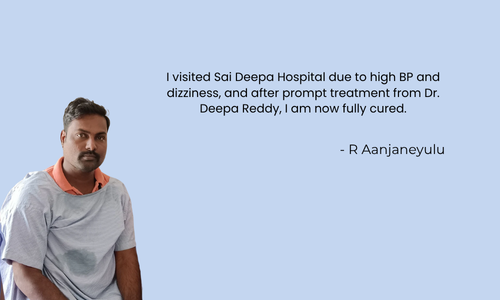
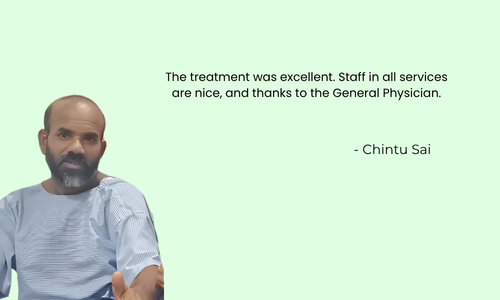

FAQ's on Gallbladder Issues
1. What does a gallbladder attack feel like?
It feels like sudden, sharp pain in the upper right abdomen, often after eating fatty food. Pain may radiate to the back or shoulder.
2. What are the 10 signs of a gallbladder attack?
- Upper abdominal pain
- Nausea
- Vomiting
- Fever
- Chills
- Bloating
- Indigestion
- Jaundice
- Light-colored stools
- Dark urine
3. How to differentiate gallbladder and liver pain?
Gallbladder pain is sharp and sudden, usually after eating, while liver pain is dull and constant. Liver issues often cause jaundice and fatigue.
4. Can you live without a gallbladder?
Yes. Bile flows directly from the liver to the small intestine. Some people may experience mild digestive issues initially but adapt over time.
5. How long is gallbladder surgery?
Laparoscopic gallbladder surgery takes about 1 to 2 hours. Most patients go home the same day or within 24 hours.
